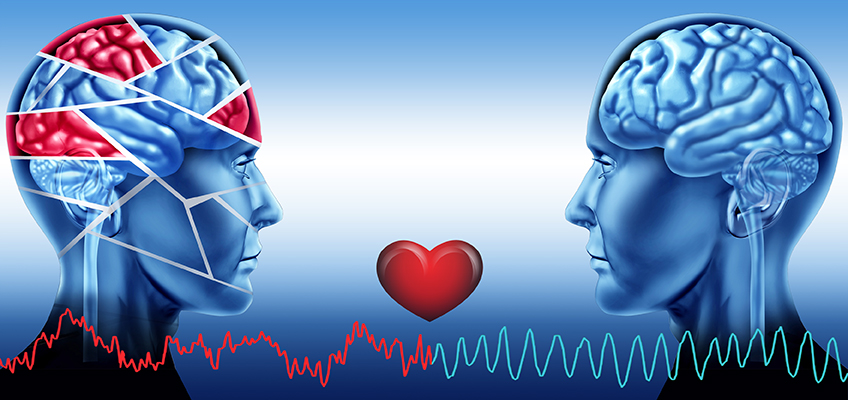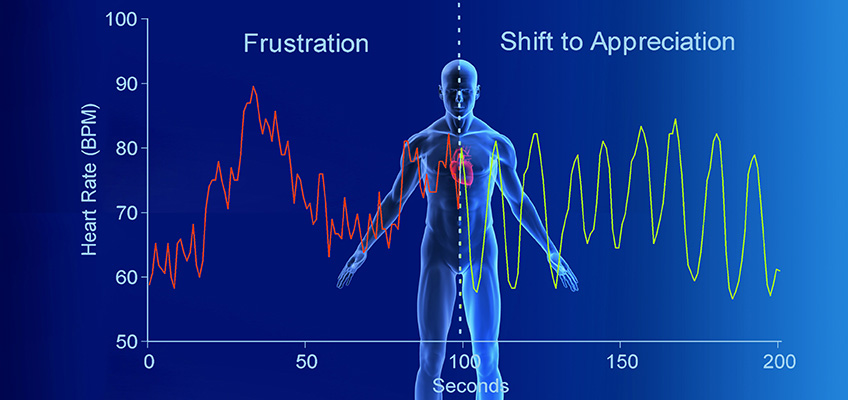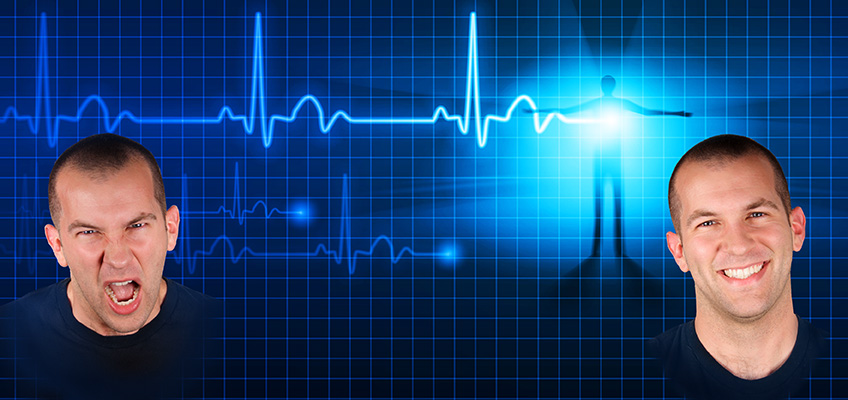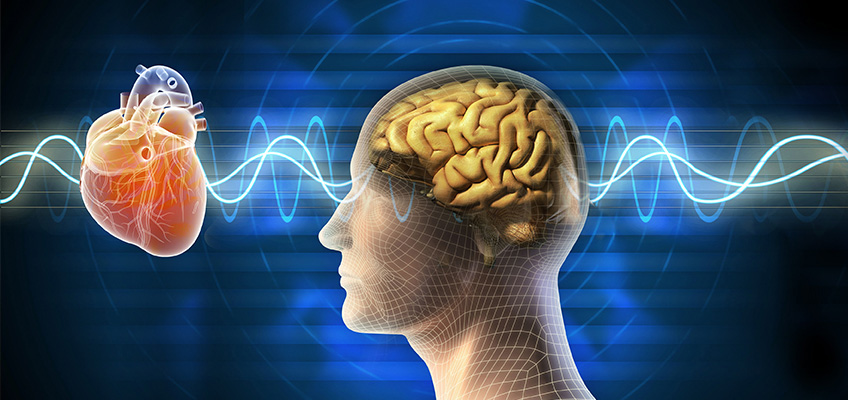Get Access to our Latest Ideas & Research on Heart Intelligence
Learn practical solutions for expanding heart connections, accelerating personal growth and transforming stress into greater energy, better health and a more fulfilling life.
Learn practical solutions for expanding heart connections, accelerating personal growth and transforming stress into greater energy, better health and a more fulfilling life.

Two 2015 pilot studies conducted independently in neighboring European nations shared similar objectives and reached similar conclusions about the potential benefits of cardiac coherence training for two populations of mentally disabled patients. One of the studies used HeartMath emotion self-regulation techniques as a primary intervention.
Continue reading
"The subjective experience of trauma is unique and varies according to the individual and the type of trauma. What does not vary is the fact that trauma often results in a devastating intrusion into a wished for life of peace, calm and well-being along with a corresponding unexpected and undesired fragmented sense of self and of life in general." – Abstract of a research article by Rollin McCraty, Ph.D. and Maria A Zayas Ph.D., published September 2014 in Frontiers in Psychology magazine
There are various schools of trauma therapy, for achieving the "wished-for life of peace, calm and well-being" referred to in the quote. A fast emerging, though not entirely new, approach is training trauma victims how to better self-regulate their thoughts and emotions.
Continue reading
Your emotions – Things happen, you engage in conversation, attempt to do something, go someplace. Feelings arise and you often feel them in your body. Sound about right? Pretty simple.
Except it turns out that emotions, and where and how they originate, are not simple at all. For nearly all of human history, emotions have been the subject of much debate among scientists, HeartMath Institute (HMI) Research Director Dr. Rollin McCraty writes in his scientific monograph, Heart-Brain Neurodynamics: The Making of Emotions.
Continue reading
It has only been five decades since scientists began to alter their long-held belief that the human body’s cells, tissues and organs, particularly the heart, strive to maintain a constant static or steady state.
Continue reading
Core HeartMath research and principals figured prominently in a recent doctoral research project that explored whether heart-focused internal prayer-compassion meditation could contribute to personal and communal healing.
Continue reading
Research shows how intimately the heart is involved in the processes and proper functioning of the human body. Therefore, even the nonscientist might easily accept the premise that certain aspects of heart rhythms can be indicators of general health. Now, a recent study suggests that personality can be a useful barometer as well.
Continue reading
Having a well-functioning memory is something we all think about more and more as we age. Memory and other cognitive processes gradually diminish as we grow older, but research in the last several decades shows those who experience persistent or high levels of stress are especially vulnerable.
Continue reading
Over the years, the HeartMath Institute has actively pursued a variety of avenues to inform people about its tools, programs, technology and the HeartMath System generally, especially through professional peer-reviewed journals and its own publishing services. Among recently published materials were a pair of articles this spring in an international medical journal and a new emWave® technology manual for professionals and parents who care for children with ADHD.
Continue reading
Can individuals who achieve high states of heart-rate variability coherence (HRV) raise the HRV coherence levels of individuals without such training when they are in close proximity?
That’s what the founder of a Singapore-based company that helps corporate executives and their teams achieve coherence personally and professionally, set out to determine.
Continue reading
In conjunction with the continuing intuition research at the HeartMath Institute, HMI Research Center Director Rollin McCraty said recently the findings of a new study further documents the ability of humans to experience intuition, also known as the pre-stimulus response.
Continue reading